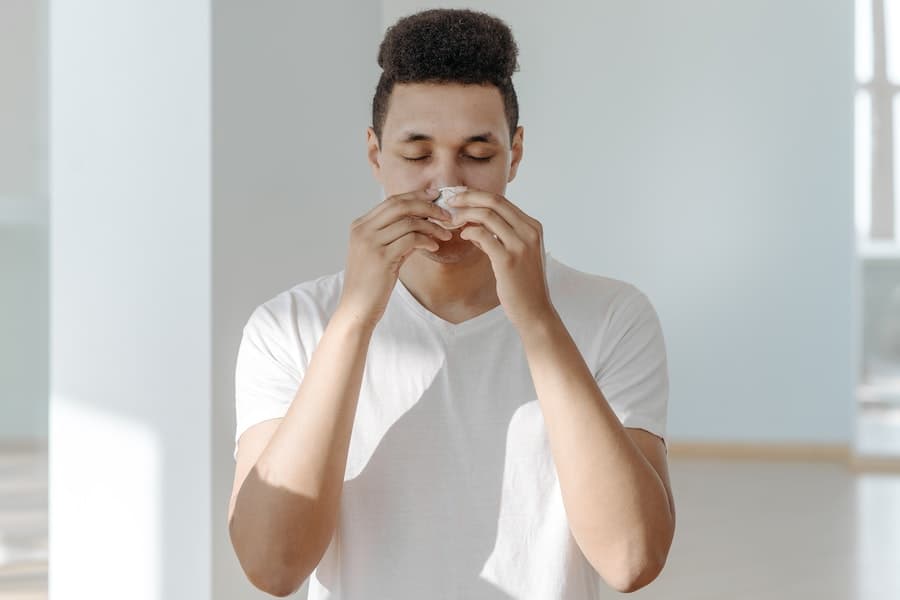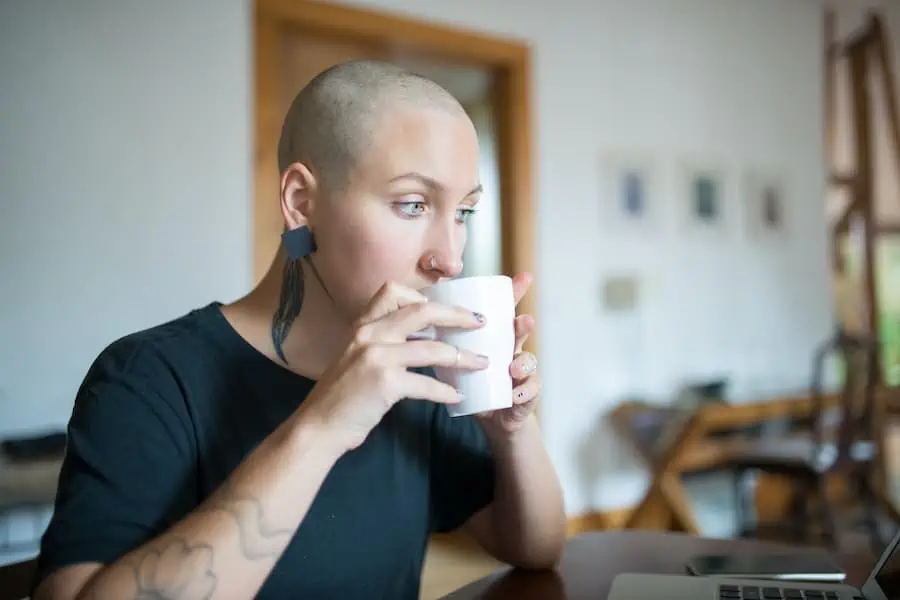Summer is the best time of the year. It’s when the sun is shining, the plants are thriving, and the weather is finally warm enough for you to head out in your best outfit and not feel the need to cover it all up. Unfortunately for those who suffer from allergies, it’s also when symptoms can take a turn for the worst.
From relentless sneezing to watery eyes to hives, there are many different symptoms that can cause you distress during this period. To help you reclaim your summer so it’s all fun in the sun and no itchiness in the sheets, use these top tips:
Common Summer-Time Symptoms
Summer allergies can manifest in various ways, causing discomfort and affecting your daily activities. Some common symptoms include:
- Sneezing: Frequent and uncontrollable sneezing is a classic sign of allergies.
- Watery Eyes: Itchy, red, and watery eyes are common complaints during allergy season.
- Skin Irritation: Allergies can lead to hives, rashes, and itchiness on the skin, especially after exposure to allergens.
- Nasal Congestion: Stuffy or runny nose, postnasal drip, and difficulty breathing through the nose are typical allergy symptoms.
- Fatigue: Allergies can leave you feeling tired and drained, affecting your energy levels and overall well-being.
How To Relieve These Symptoms Once And For All
Combatting summer allergies requires a multi-faceted approach to minimize exposure to allergens and alleviate symptoms. After all, if you’re wondering how to reduce skin inflammation and redness, the answer is multi-faceted. You need to identify the cause and minimize exposure; after that, you can then use a cool compress and creams to soothe the affected area. This applies to all types of allergies. So start using these tips today:
Keep the Air in Your Home Clear of Pollen
Use air purifiers that use HEPA filters to remove allergens from the indoor air. Keep windows closed during peak pollen times and use air conditioning to maintain a pollen-free environment.
Talk to Your Doctor for Prescription-Strength Antihistamines
If over-the-counter allergy medications don’t provide sufficient relief, consult your doctor for prescription-strength antihistamines or other allergy medications tailored to your needs.
Use Creams
Apply topical creams or ointments to soothe itchy skin and alleviate discomfort from rashes or hives caused by allergies. Aloe vera and other soothing creams can help lessen those itchy symptoms.
Wash Yourself When You Get Home to Minimize Pollen Brush-Off
Pollen clings to your skin, hair, and clothes. To minimize exposure, shower and change clothes when you return home after spending time outdoors. Start implementing house rules for guests as well, like not sitting on your bed with outside clothes. Finally, follow up by vacuuming regularly.
While these tips can help manage summer allergies, it’s still important to get in touch with your doctor for a truly personalized approach and also to get a potential allergy test done so you know your specific triggers once and for all. Remember, you don’t have to let allergies hold you back from enjoying the summer months








